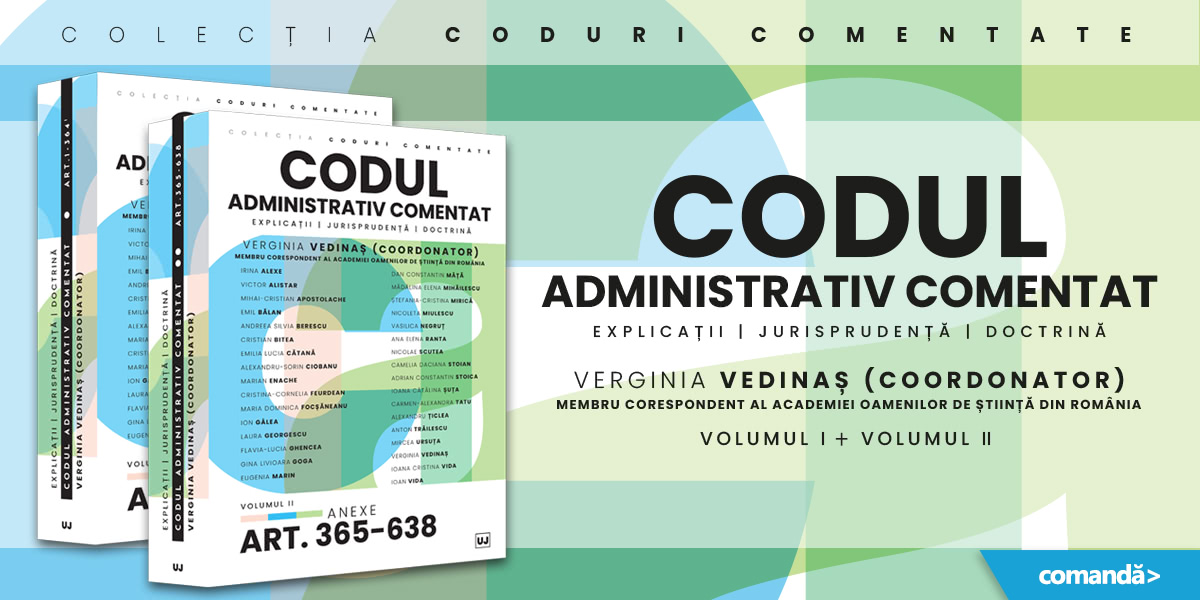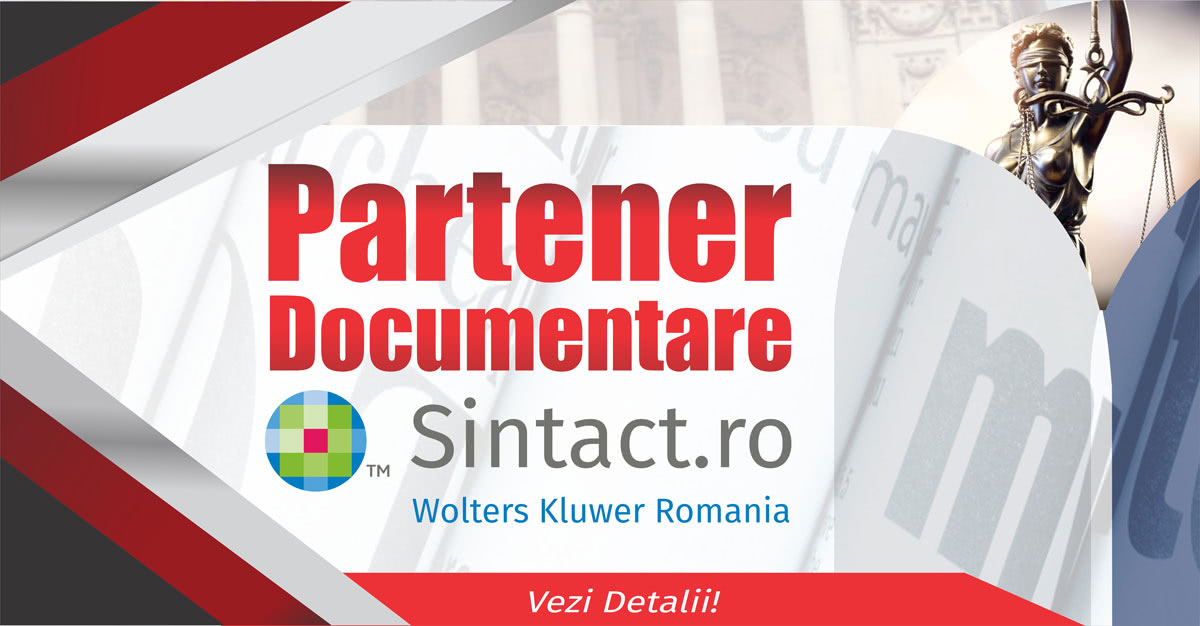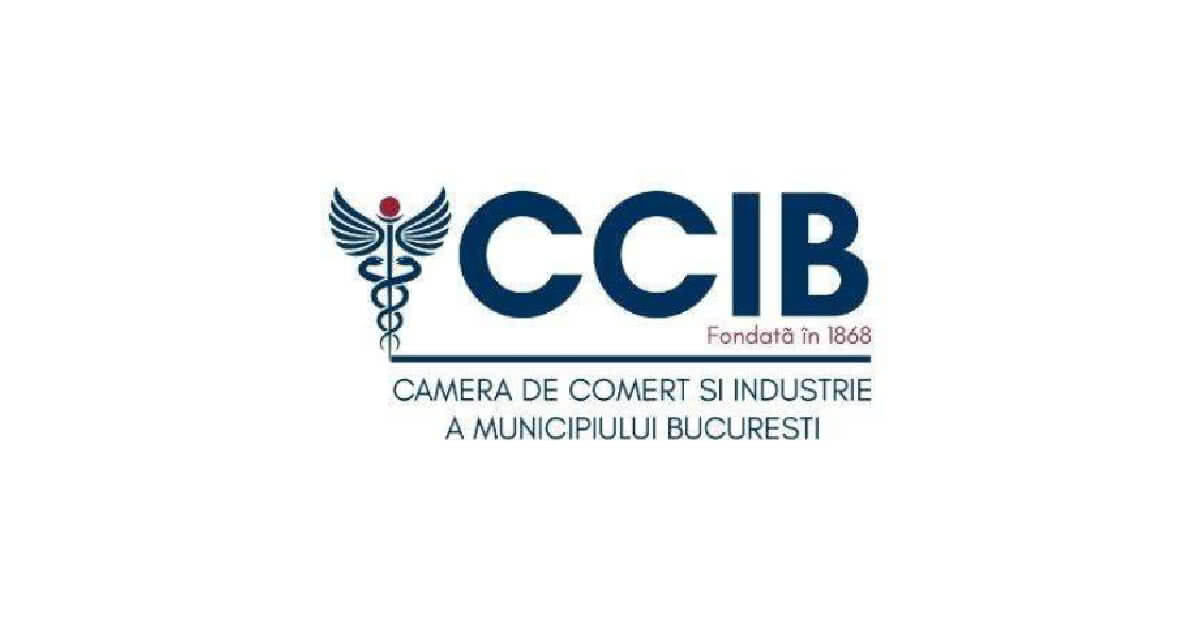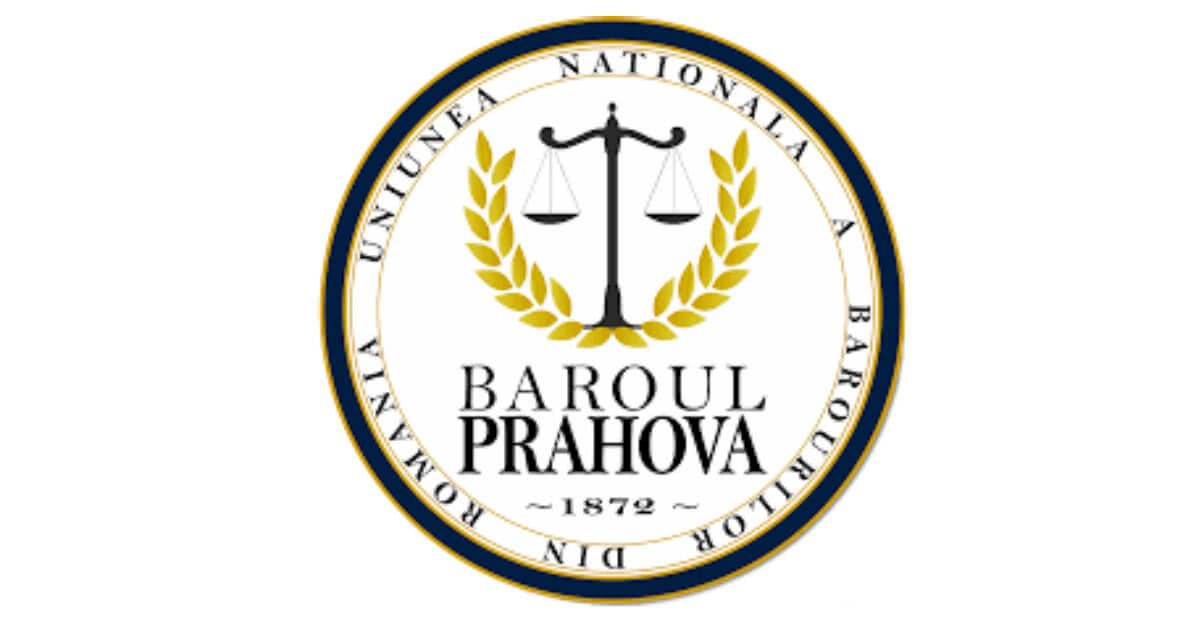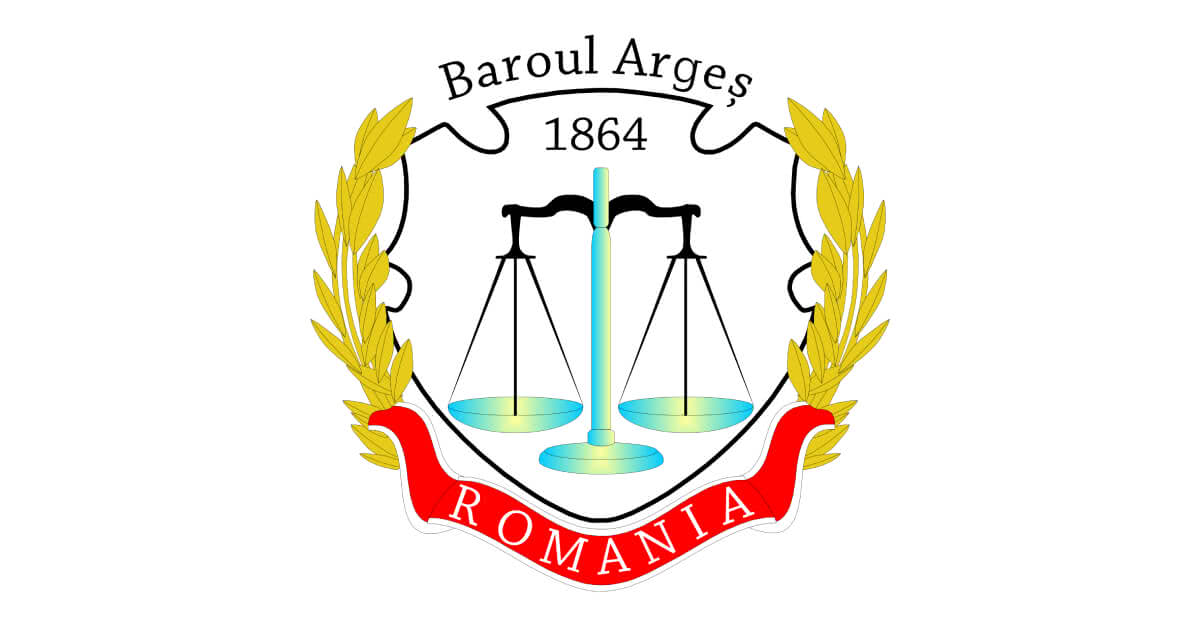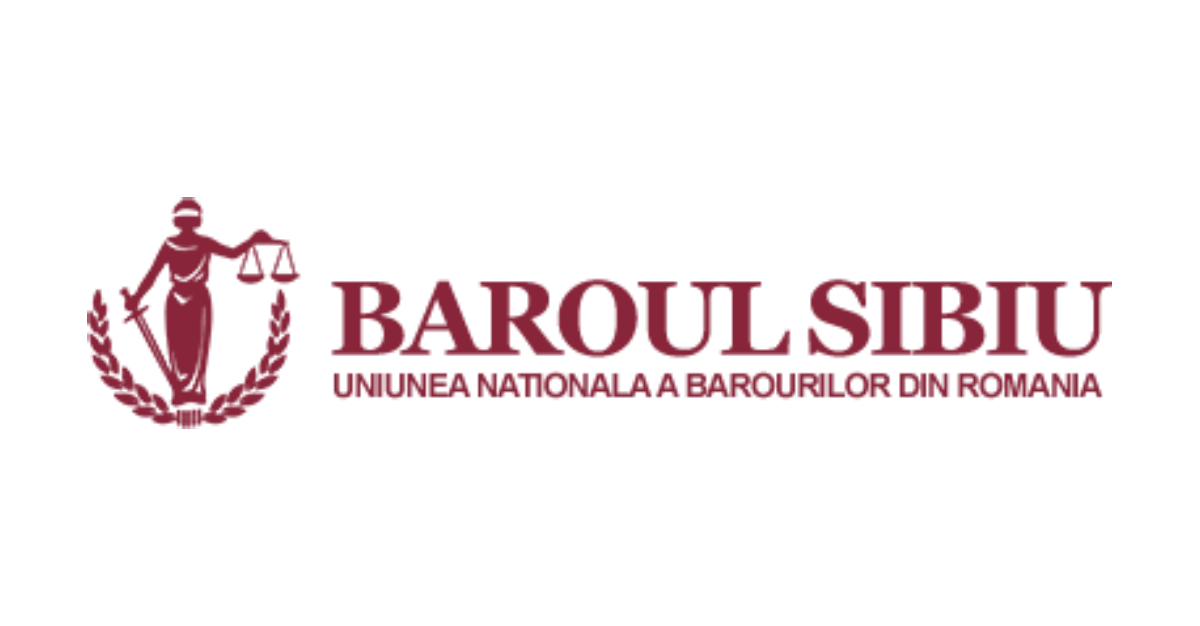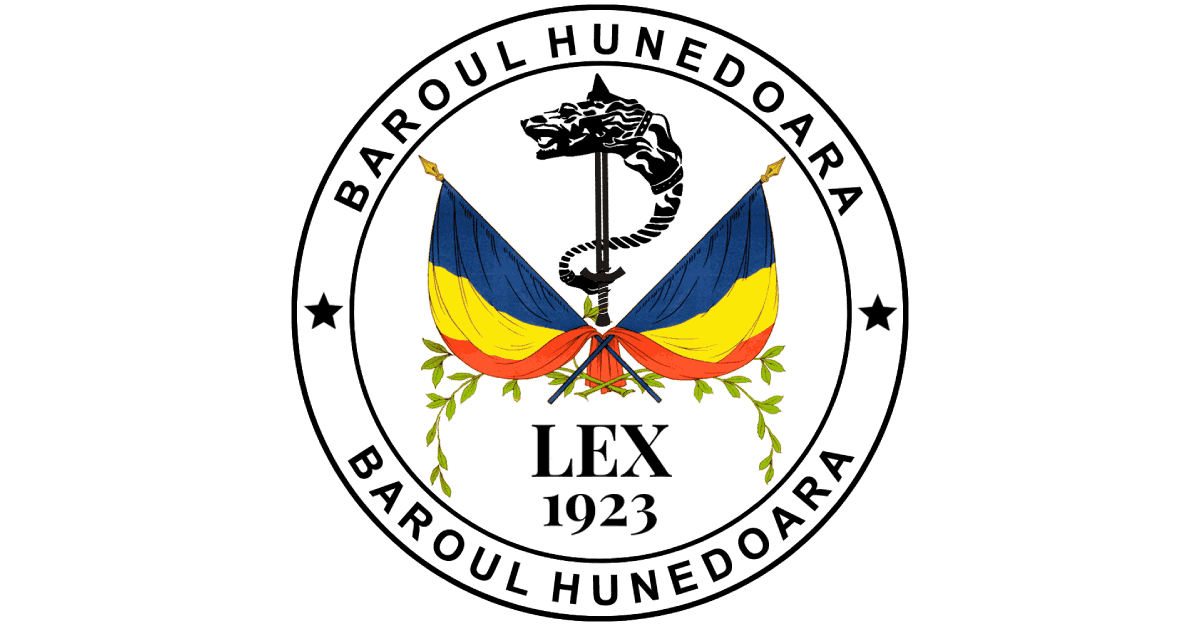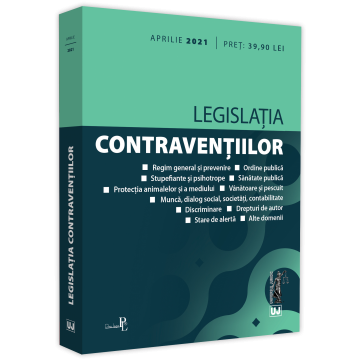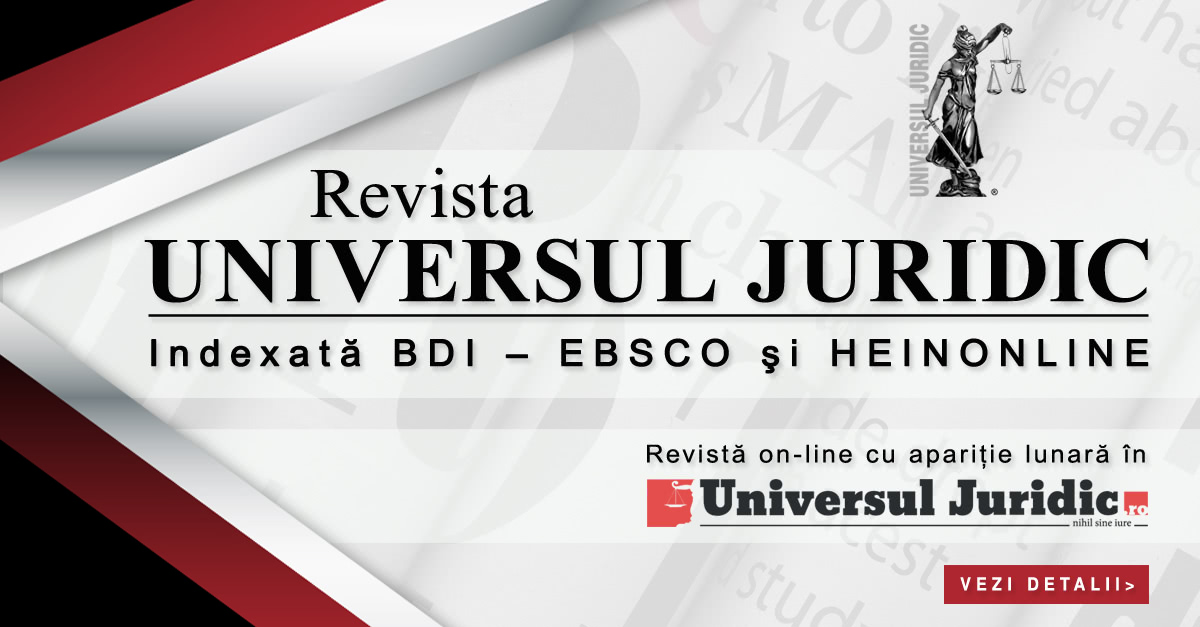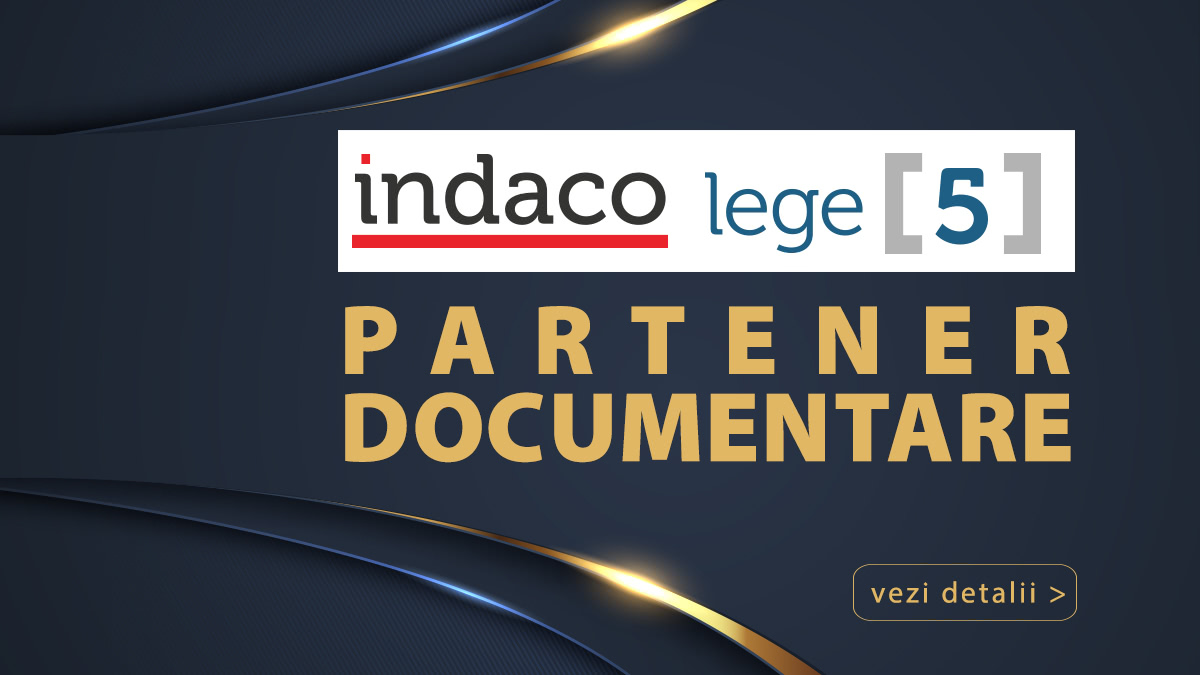International cooperation in the field of insolvency. A judicial perspective
Universuljuridic.ro PREMIUM
Aici găsiți informaţiile necesare desfăşurării activităţii dvs. profesionale.
Universuljuridic.ro PREMIUM pune la dispoziția profesioniștilor lumii juridice un prețios instrument de pregătire profesională. Oferim un volum vast de conținut: articole, editoriale, opinii, jurisprudență și legislație comentată, acoperind toate domeniile și materiile de drept. Clar, concis, abordăm eficient problematicile actuale, răspunzând scenariilor de activitate din lumea reală, în care practicienii activează.
Testează ACUM beneficiile Universuljuridic.ro PREMIUM prin intermediul abonamentului GRATUIT pentru 7 zile!
The „look back period”[26]. Some new provisions were introduced in the Recast, in order to reduce the problems generated by the „forum-shopping”. It is established that COMI presumption should not apply in the case of a company, legal person or individual exercising an independent business or professional activity, the debtor has relocated its registered office or principal place of business to another member state within the 3-month period prior to the request for opening insolvency proceedings, or, in the case of an individual not exercising an independent business or professional activity, the debtor has relocated his habitual residence to another member state within the 6-month period prior to the request. The Recast provisions represent codification of the case law of the European Court on COMI[27] and the efforts made by doctrines in this respect.
4.2.5. Jurisdiction to open secondary proceeding
According to the Recast provisions the international competence is linked to the existence of an establishment. Secondary proceeding may be opened in the member state where the debtor has an establishment, if a main proceeding has already been opened. Article 2 (10) defines the term „establishment” as any place where the debtor carries out, or it has carried out in the three months period before the request to open main insolvency proceedings, „a non-transitory economic activity with human means and assets”[28].
The person entitled to request the opening of such proceedings may be the insolvency practitioner in the main proceedings or any other person or authority empowered to request the opening of insolvency proceedings under the law of the member state on whose territory the opening of the secondary procedure is requested. The Regulation (EU) 2015/848 provides possible solutions after the application: the rejection of the application; the suspension of the application for a maximum of three months; the admission of the application, with the consequence of opening a secondary procedure.
Some observations should be made. First, the applicable law is the law of the state where the secondary proceeding is opened, and the effects of secondary proceedings are limited to goods located in that member state. Second, the proceeding is not restricted to the liquidation anymore. It is observed that a principal objective of the Recast was to reduce the number of secondary proceedings, through the development of a new concept: „synthetic” secondary proceeding[29]. When a request for secondary proceeding is made, the court may reject the application, if the insolvency practitioner in the main proceeding „gives an undertaking that adequately protects the general interests of local creditors”[30]. Some procedural conditions should be fulfilled: a hearing of the IP of the main proceeding in the court of the secondary proceeding; the approval of local creditors, on qualified majority and voting of the state of the secondary proceeding; the possibility of a stay of the opening of secondary proceedings for up to three months if proper measures protect the interests of local creditors[31]. The development of this procedure has its roots in European case law, like Re Collins and Aikman Europe SA and Re Nortel Networks SA. In Re Collins and Aikman[32] the notion of „synthetic” secondary proceedings appeared when the UK IP’s promised that local creditors priorities, ruled by laws in other EU states, would be respected without opening a secondary proceeding. In Re Nortel Networks SA[33], IP’s of UK Nortel companies had submitted requests to other EU courts to notify the opening of secondary proceedings, in order to avoid other secondary proceedings, which could have endangered the global restructuring of the Nortel companies.
The Regulation (EU) 2015/848 improves the coordination of the main and secondary procedures by extending the duty to cooperate, which currently applies only to insolvency practitioners, to the courts involved in the main and secondary proceedings.
The applicable law: For the main proceedings, the law applicable is the law of the member state in whose territory the procedure is open (lex concursus), which governs the conditions for the opening, conduct and closure the procedure[34]. The law applicable to the secondary procedure is that of the member state on whose territory the secondary procedure is opened. From the lex concursus rule, there are several exceptions. According to Regulation (EU) 2015/848 the exceptions are provided in article 8-18.
4.2.6. Jurisdiction for insolvency related actions
The Regulation 848/2015 brings changes to ensure that proceedings are opened only if the member state in question has effective jurisdiction, which the court must verify ex officio.
One issue is the delimitation between different types of actions: if the actions can be included in the concept of bankruptcy within the meaning of article (2) lit. b) Regulation (EC) 44/2001 [now Regulation (EU) 1215/2012], it is applicable the Regulation 848/2015; if the action is part of the notion of civil and commercial according to article 1 (1) Regulation (EC) 44/2001 [now Regulation (EU) 1215/2012], does not apply the Regulation (UE) 848/2015, but the Regulation (EC) 44/2001 [now Regulation (EU) 1215/2012].
Regulation (EU) 848/2015 establishes in article 6 the competence of the courts opening insolvency proceedings for actions directly arising from insolvency proceedings and are closely related to such actions, as paulian actions. Where the action is linked to a civil and commercial action against the same defendant, Regulation (EU) 848/2015 permits the possibility of bringing both actions before the courts of the member state on whose territory the defendant is domiciled or, if the action is brought against several defendants, before the courts of the member state on whose territory is domiciled any of them, provided that these courts are competent in accordance with Regulation (EU) 1215/2012. Recital 35 of the Preamble includes revocation actions brought against defendants in other member states and actions relating to obligations arising during insolvency proceedings, such as deposits for the payment of procedural expenses.
4.2.7. Group of companies
In recent years the Working Group V UNCITRAL has increased the interest and the work for developing provisions on several issues related to cross-border insolvency of multinational enterprise groups. Consequently, The UNCITRAL published on 2 March 2017 a draft legislative text[35] incorporating the key principles and draft provisions, as effective mechanisms to address cases of cross-border insolvency affecting the members of an enterprise group.
Regulation (EU) 2015/848 Chapter V regulates, as novelty, the insolvency procedures applicable to members of a group of companies. The definition of the term „group of companies” is provided by article 2, paragraph 13 of the Regulation, according to which a group is „a parent company and all its subsidiary companies”. It is provided also that a parent company is the company controlling, directly or indirectly, one or more subsidiary companies. However, this chapter regulates only cooperation’s mechanism, the group is not regarded as a single, distinct entity that is subject to a single procedure.
The European lawmaker has opted for a coordination procedure between the insolvency proceedings involving different companies of the same group. An important innovation is that an insolvency practitioner is now allowed to request the opening of a „group coordination proceeding”, which should further facilitate the restructuring of groups (Chapter V, Section 2). The participation of other insolvency practitioners (hence, other proceedings) rests on a voluntary basis. A „coordinator” will be appointed to propose and implement the coordination plan (articles 71-72).
The Romanian Law no. 85/2014 on insolvency prevention and insolvency procedures has offered the most modern framework for the insolvency of group of companies in Europe and forward, even before the Recast Regulation, in Chapter II, articles 183-203 „Special provisions concerning the insolvency of group of companies” and Title III, „Cross-border insolvency”, Chapter III, articles 305-311, „Rules on Coordination of Insolvency of Groups of Companies”.
All legislative changes and doctrinal efforts to interpret and identify solutions demonstrate that problems related to the cross-border insolvency of the group of companies are particularly complex, current and far away from finding the final solution.
4.2.8. Communication, cooperation and coordination
The Chapter IV of the UNCITRAL Model Law, as a core element of the general principles, refers to cooperation and direct communication between local courts and foreign representatives. Article 25 mandates cooperation between local courts and foreign representatives, to the maximum possible degree, „to ensure that the single debtor’s insolvency estate is administered fairly and efficiently, with a view to maximizing benefits to creditors”[36], by any appropriate methods, as the communication of information, coordination of the administrations, the implementation by courts of protocols for the coordination of the parallel proceedings.
From July 2011 an important instrument for the judiciary engaged in the process of cross-border communication is the UNCITRAL Model law, The Judicial Perspective[37]. The purpose is to assist judges in the approach issues related to cross border insolvency, as a general guidance based on the practice experiences, without any interference with principles of judicial independence and the national judicial systems.
The UNCITRAL Model Law does not require a decision for recognition of a foreign proceeding as a condition for court cooperation with a foreign court or foreign representative, recognizing the possibility for courts to communicate „directly” and to request information and assistance „directly” from foreign courts or foreign representatives, especially in the cases of urgency[38]. Singularis Holdings Ltd v PVC (2014) case has set a limit on the permissible extent of judicial cooperation in the absence of a domestic cooperation provisions or an international text (convention or Model Law), with the motivation that applying the principle of assistance in cross-border insolvency, courts should be cautious when create rules except they are necessary for the management of the international case[39].
With the Regulation (EU) 2015/848 the duties to communicate and to cooperate in insolvency proceedings are extended in relations between courts and between insolvency practitioners and between courts (article 42 and 43 Recast). Recital 48 Recast describes soft law guidance as tools „for cooperation in cross-border insolvency cases as set out in principles and guidelines on communication and cooperation adopted by European and international associations active in the area of insolvency law, and in particular relevant guidelines prepared by the United Nations Commission on International Trade Law (UNCITRAL)”.
In the application of new Recast provisions, one recent example of international communication is offered by the District Court Midden-Netherlands[40], with information on the official site about insolvency Dutch framework, information on insolvency proceedings in the Netherlands provided in English. The website provides relevant information on the national provisions on the insolvency proceedings, bankruptcy (faillissement), suspension of payments, debt rescheduling scheme, etc, as an expression of the articles 42 and 43 of the Insolvency Regulation (recast) (or „EIR Recast”) requirements for and communication , an example of best practice in the domain of judicial cooperation in cross border insolvency cases.
5. Recognition of insolvency proceedings and enforceability of judgments
5.1. UNCITRAL Model Law
5.1.1. Principle
Chapter III of the UNCITRAL Model Law deals with recognition of foreign proceeding and relief. The foreign representative can file an application for recognition, (article 15) with no other requirements, except the public policy exception (article 6). The foreign proceeding shall be recognised as foreign main proceeding (centre of main interest), or as foreign non-main proceedings (establishment).
The concept of COMI has EU origin, but „performs different functions in both legislations”: the COMI determines which jurisdiction may open insolvency proceeding in the interpretation of EU Regulation, but helps to identify the nature of the foreign proceeding under the Model Law, which doesn’t regulate the determination of the jurisdiction competent to open the insolvency proceeding[41]. According to article 18 of the UNCITRAL Model Law, the foreign representative has the duty to inform the court of recognition of any changes in the situation of foreign procedures.
[26] Regulation (EU) 2015/848, Recital 31.
[27] Interedil Case C-396/09 (2011) ECR I-9915; Hans Brochier Holdings Ltd c. Exner (2006) EWHC 2594; Eurofood case. C-341/04.
[28] Regulation (EU) 2015/848, article 2 (10).
[29] G.McCormack, Something Old, Something New: Recasting the European Insolvency Regulation, The Modern Law Review, Volume79, Issue 1, January 2016, pp. 132-153, DOI: 10.1111/1468-2230.12169, http://onlinelibrary.wiley.com/wol1/doi/10.1111/1468-2230.12169/full.
[30] Regulation (EU) 2015/848, articles 38 (2) and 36.
[31] Regulation (EU) 2015/848, article 38.
[32] (2006) EWHC 1343.
[33] (2009) EWHC 206.
[34] Article 7 of Regulation (EU) 2015/848.
[35] UNCITRAL Working Group V (Insolvency Law), Facilitating the cross-border insolvency of multinational enterprise groups: draft legislative provisions, 2 March 2017, https://documents-dds-ny.un.org/doc/UNDOC/LTD/V17/013/64/PDF/V1701364.pdf?OpenElement.
[36] The UNCITRAL Model Law on Cross-Border Insolvency, article 25, 26, 27, 29 and 30, in the UNCITRAL Model Law on Cross-Border Insolvency: The Judicial Perspective, UNITED NATIONS New York, 2012, p. 5.
[37] For the UNCITRAL Model Law on Cross-Border Insolvency: The Judicial Perspective, UNITED NATIONS New York, 2012, see https://www.uncitral.org/pdf/english/texts/insolven/V1188129-Judicial_Perspective_ebook-E.pdf.
[38] UNCITRAL Working Group V, Insolvency Law, Judicial materials on the UNCITRAL Model Law on Cross-Border Insolvency, 2,Thirty-ninth session, Vienna, 6-10 December 2010, par. 157, https://documents-dds-ny.un.org/doc/UNDOC/LTD/V10/561/28/PDF/V1056128.pdf?OpenElement.
[39] Singularis Holdings Limited (Appellant) c. PricewaterhouseCoopers (2014) UKPC 36, https://www.jcpc.uk/decided-cases/docs/JCPC_2014_0040_Judgment.pdf.
[40] B. Wessels, Does District Court Midden-Nederland lead the way?2017, http://bobwessels.nl/2017/07/2017-07-doc3-does-district-court-midden-nederland-lead-the-way/, for details, see https://www.rechtspraak.nl/English/Pages/International-Insolvency.aspx.
[41] L. Chan Ho, Proving COMI: Seeking recognition under Chapter 15 of the US Bankruptcy Code, p. 10; http://www.biicl.org/files/3154_proving_comi_seeking_recognition_under_chapter_15_of_the_us_bankruptcy_code.pdf.



